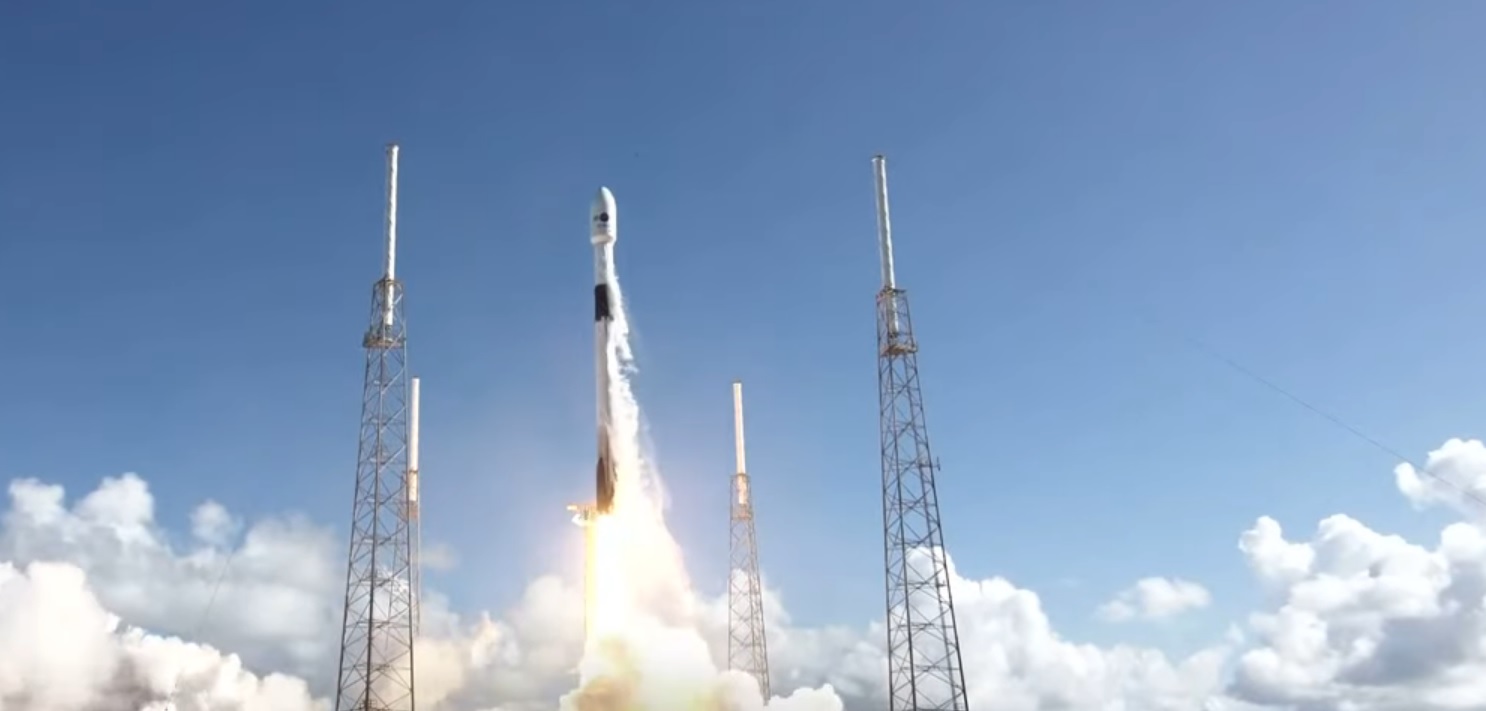
In a first, India’s ISRO to use SpaceX rocket for heavyweight GSAT communications satellite launch
India is set to rocket off on a significant partnership with SpaceX, led by billionaire Elon Musk, signalling the country’s foray into space collaboration with the tech mogul. The joint venture involves launching a high-capacity communications satellite to enhance India’s broadband connectivity, particularly in remote and underserved regions.
NewSpace India Ltd (NSIL), the commercial arm of the Indian Space Research Organization (ISRO), disclosed this collaboration in an official statement on Tuesday. The communication satellite, named GSAT-20, boasts a substantial weight of 4,700 kg, surpassing the current highest spacecraft launching capacity of 4,000 kg by India’s space agency, ISRO. The launch, scheduled for the second quarter of the year, marks a pivotal moment in India’s space exploration efforts. This collaboration marks a significant milestone as GSAT-20 is the second “demand-driven” communications satellite solely funded and operated by NSIL. The first, GSAT-24, took flight in June 2022 and was fully funded by NSIL.
NSIL was announced by the Government of India in June 2020 and was mandated by the government that the organisation would seek to build, launch, own and operate satellites in a “Demand-driven” mode to meet the service needs of the user.
Designed to deliver high-throughput connectivity across India, GSAT-20 utilises a Ka-band payload with an impressive 48 gigabits per second capacity. What makes this launch noteworthy is that GSAT-20 will be the first Indian communications satellite to ride an American rocket in over three years. Historically, India has utilized its own launch vehicles and the Ariane family of rockets for INSAT and GSAT communications satellites. However, evolving satellite complexity and mass have surpassed the development of larger launch vehicles in India, prompting collaboration with foreign providers.
And this is where Elon Musk becomes a key player in the success of this space odyssey. India’s choice of SpaceX’s Falcon 9 rocket reflects a strategic move due to the absence of Arianespace’s Ariane 5, which completed its final flight in July 2022, and the yet-to-launch Ariane 6. The shift to SpaceX for launching GSAT-20 aligns with a broader trend of global customers turning to Elon Musk’s aerospace company and its reliable Falcon 9 rocket for satellite deployment. According to a report by The Hindu, NSIL is obtaining the GSAT-20 satellite through ISRO and will be launched as part of the mission aboard SpaceX’s Falcon – 9 bound by a contract between NSIL and SpaceX.
This space venture is not the only way Musk is trying to establish ground in India’s tech space. The chief executive of SpaceX and Tesla is not only venturing into the space domain with this collaboration but also eyeing opportunities to introduce his Starlink satellite broadband service in India. Concurrently, discussions are underway for a potential Tesla investment to establish an electric vehicle manufacturing facility in the country. However, these endeavours face resistance from certain quarters within India’s domestic industry.
Tesla shocked everyone by delivering an amazing performance by clocking in a record 484,507 orders and reaching its target of 1.8 million units in 2023. Despite falling slightly short of CEO Elon Musk’s preferred 40% growth, Tesla’s performance outshone that of domestic U.S. car manufacturers. The carmaker is expected to deliver an even more promising performance and capitalising on the Indian market might just be the answer to that.


